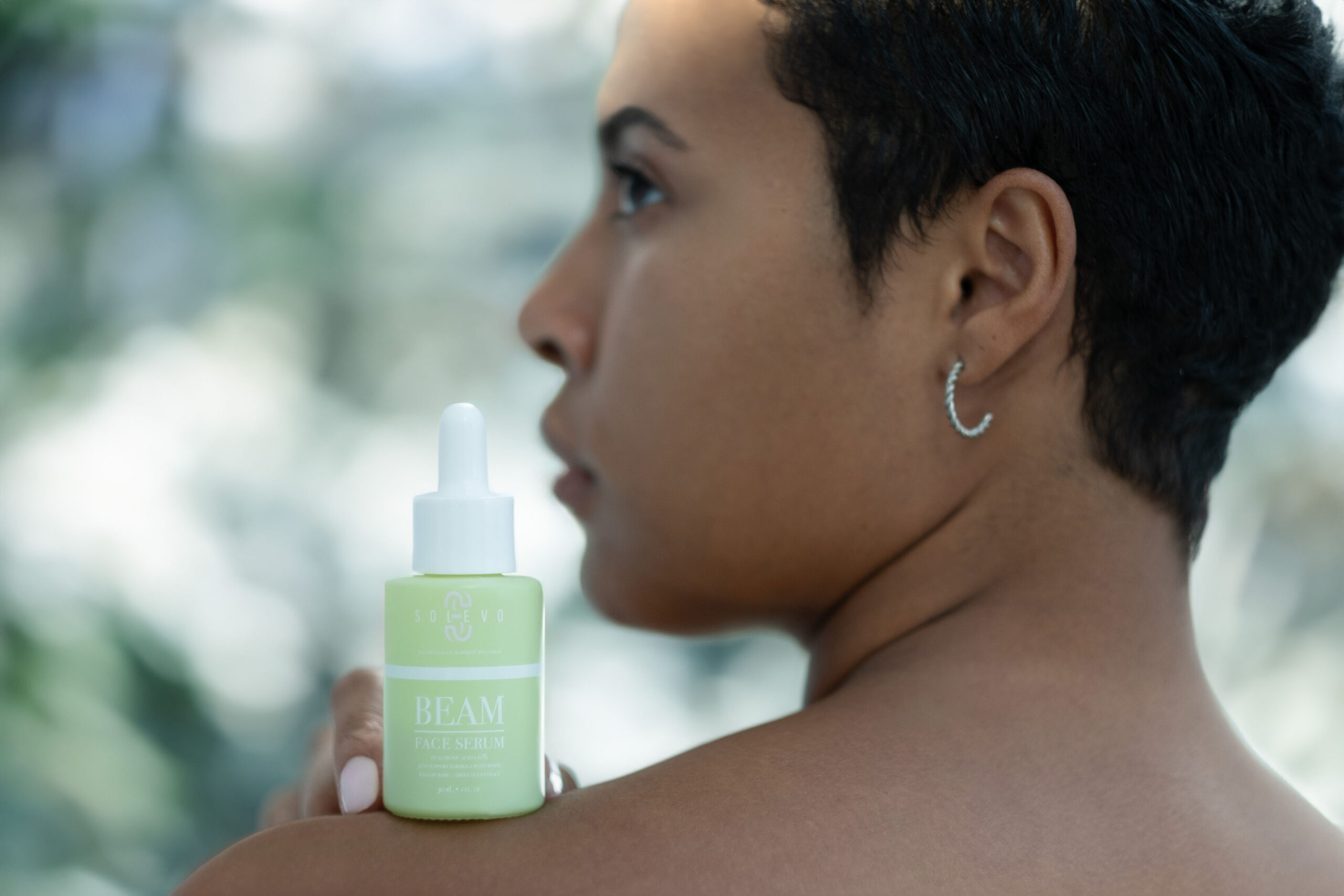Author
solevo
Share
Author
solevo
Share

Hyaluronic acid is a popular ingredient in many facial care products. It has numerous benefits, including improving skin hydration, reducing wrinkles and fine lines, and providing a plumping effect to the skin. It’s also an effective anti-inflammatory agent that can reduce redness and irritation. But how exactly does it work? Let’s take a closer look.
What is Hyaluronic Acid?
Hyaluronic acid (HA) is a naturally occurring glycosaminoglycan found in the human body. It is found in high concentrations in connective tissues such as skin, cartilage, ligaments, tendons, and bone marrow. HA can hold up to 1,000 times its weight in water; this makes it an excellent moisturizer for the skin. Additionally, its anti-inflammatory properties help protect the skin from damage caused by UV radiation and environmental pollutants.
Research studies have been conducted to determine the effectiveness of HA in cosmetic products. A study published in 2017 concluded that “topical application of hyaluronic acid provides significant moisturization to both dry and greasy skin types with no adverse effects reported.” Another study found that “hyaluronic acid increases collagen production and reduces wrinkles when used cosmetically or topically.” These findings demonstrate that HA can be beneficial for improving skin health when used as part of a regular skincare routine.
How Does Hyaluronic Acid Improve Facial Care Products?
Hyaluronic acid is often added to facial care products because it helps improve their efficacy and performance. For example, creams containing HA are more hydrating than those without; this makes them better suited for people with dry skin or those who live in dry climates. Additionally, hyaluronic acid can provide a “plumping” effect when combined with other ingredients like peptides or retinol, making it ideal for anti-aging products designed to reduce wrinkles and fine lines.
In conclusion, hyaluronic acid is an effective ingredient for improving skin health when used as part of a regular skincare routine or incorporated into facial care products. Studies have shown that it increases collagen production and reduces wrinkles while providing significant moisturization with no adverse effects reported thus far. If you are looking to improve your facial care regimen or just want an extra boost of hydration, hyaluronic acid may be worth considering!